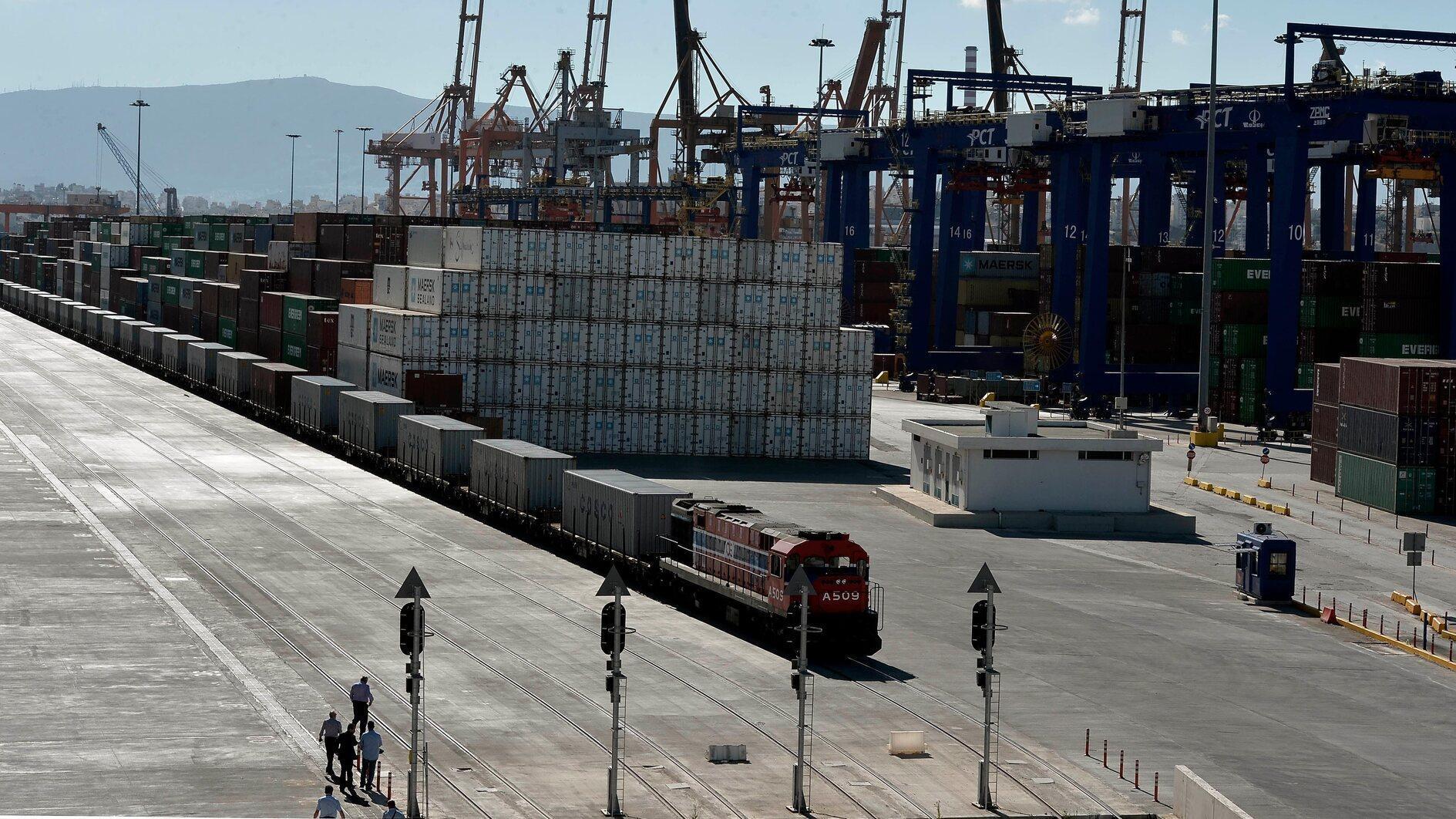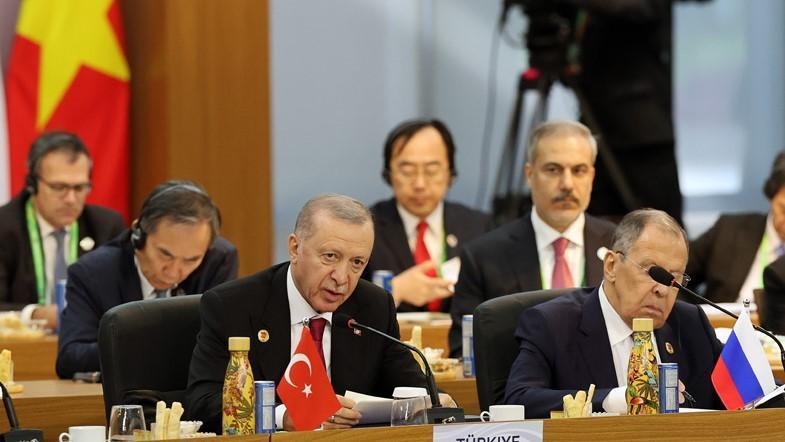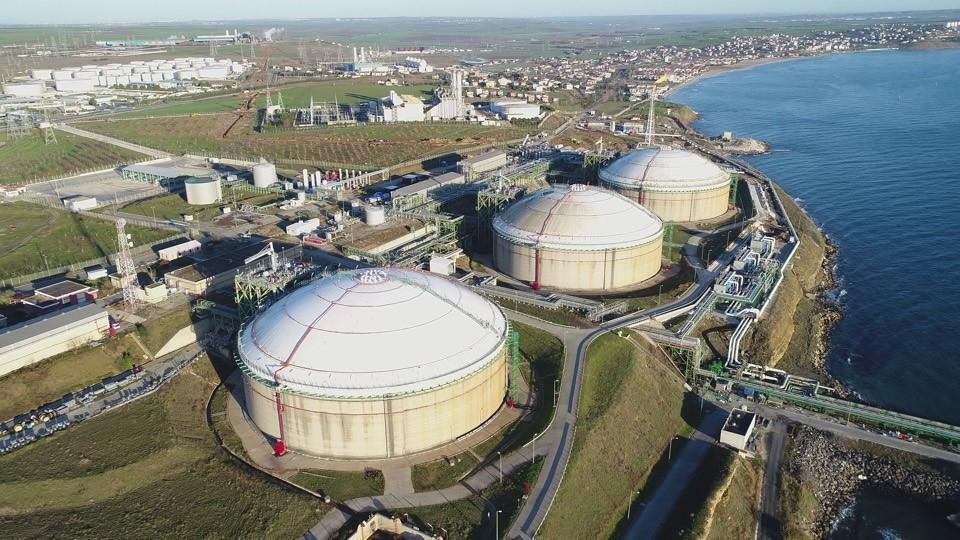Greece takes helm in EU naval mission in the Red Sea
ATHENS

Greece has formally agreed to participate in and lead a European Union maritime security operation in the Red Sea to protect commercial shipping from attacks by Houthi militants in Yemen.
A security committee headed by Prime Minister Kyriakos Mitsotakis ordered the participation of a Greek frigate in the Aspides operation – named from the Greek word for “shield” – that was launched last week.
The mission will be run from a military base in Larissa, in central Greece, under the command of Greek navy Cdre. Vasilios Griparis.
Greece, a major commercial shipping power, has been directly affected by the Houthi attacks. The port of Piraeus, near Athens, reported a 12.7 percent drop in activity at its container terminal in January, on an annual basis.
“We all understand that participation in this operation involves risks, significant risks,” Defense Minister Nikos Dendias said while on a visit to the navy frigate Hydra at a naval base near Athens.
The frigate departed on the mission late on Feb. 26.
“Greece, as a maritime power with a leading role in global shipping, attaches great importance to the need to safeguard the freedom of navigation, as well as the life of Greek seafarers,” Dendias said.
Germany, Italy and France will also provide warships for the mission, joining the Hydra, while Italy will assume tactical command, according to Greek officials.
German Defense Minister Boris Pistorius visited the German Navy frigate Hessen, that is taking part in Aspides, while on a trip to the Greek island of Crete last week. The vessel has since sailed southward to the Red Sea, German authorities said.
Officials in Athens have described the Aspides mission as defensive, adding that Greece would not take part in U.S.-led attacks against Houthi military targets in Yemen.
The Iranian-backed Houthis say their attacks on commercial ships with drones and missiles are a response to Israel’s offensive in Gaza against Hamas which began in October.
At a parliamentary committee hearing last week, Dendias said keeping the lines of maritime trade open was an “existential necessity for
















